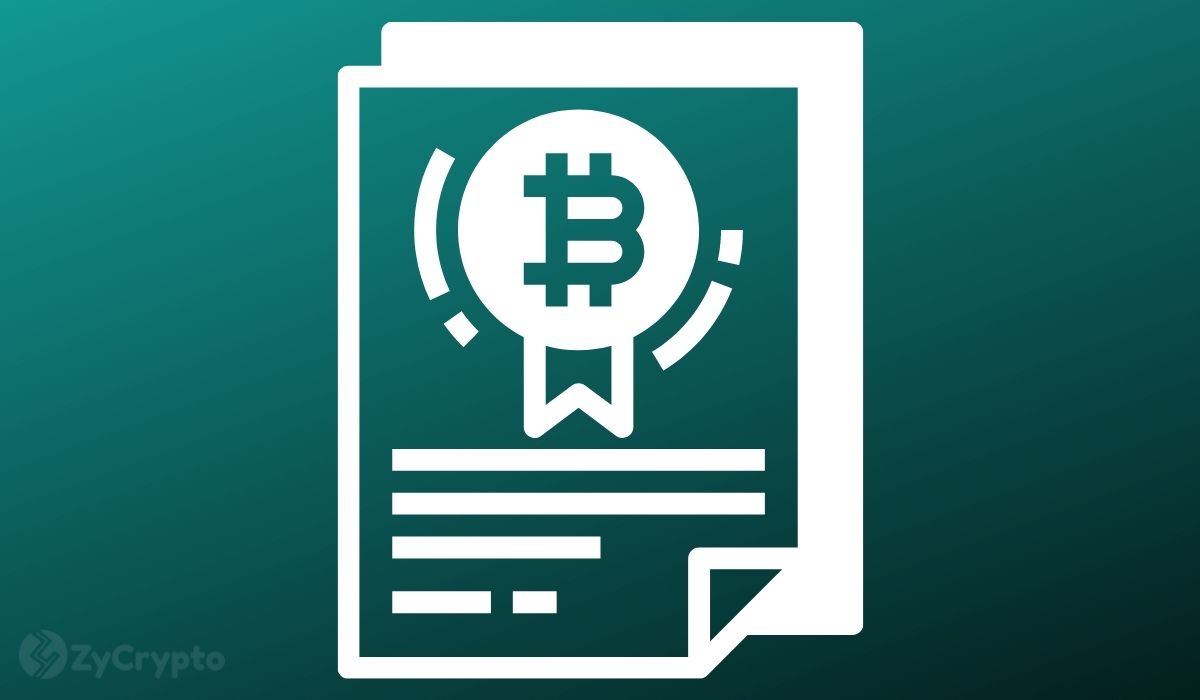In a bid to provide regulatory clarity and foster innovation within the US cryptocurrency and blockchain industry, Representative Tom Emmer has reintroduced the Blockchain Regulatory Certainty Act (BCRA) for consideration by the financial services committee.
This bipartisan bill addresses the classification of blockchain-related entities as money transmitters. This long-standing issue has hindered progress and created confusion in the evolving digital asset space.
First introduced in 2018 by Emmer, the BCRA has undergone successive reintroductions, with Wednesday’s presentation marking its fifth consecutive Emmer-led effort, following a previous attempt in March of this year.
During the bill’s reintroduction, Rep. Emmer emphasized the importance of regulatory certainty for the cryptocurrency and blockchain sector, recognizing the potential for the United States to lead in this innovative field.
“The Blockchain Regulatory Certainty Act is going to be marked up in the financial services committee today,” said Rep. Emmer. “Crypto and blockchain technology provide an important opportunity for our country to lead in the digital asset space. Today we’ve got an important opportunity to make progress towards providing regulatory certainty that benefits consumers and fosters innovation right here at home.”
In the financial services committee, “marked up” means reviewing, amending, and potentially voting on a bill before it goes to the full chamber for consideration. Committee members propose changes to the bill’s content during this process, refining it and addressing concerns. If the committee approves, the bill advances to the next stage of legislative review or Congress.
The primary focus of the BCRA is to address the ambiguous classification of blockchain entities as money transmitters, as the current state-by-state framework has created discrepancies and stifled innovation within the industry. Rep. Emmer stressed that the bill would bring much-needed clarity by differentiating blockchain developers and service providers who do not hold consumer funds from traditional money transmitters.
“A clear and consistent regulatory landscape will ensure we don’t drive this transformative technology overseas or drive American consumers to bad actors,” Rep. Emmer added. “This bill will allow blockchain innovation to thrive right here in the US, and I look forward to continuing to work with my colleagues and the committee to get over the finish line.”
The BCRA’s reintroduction comes at a crucial time when the cryptocurrency and blockchain industry is experiencing rapid growth and increased interest from businesses, investors, and consumers in the US. However, due to the lack of a clear regulatory framework for the sector, firms have been threatening to move elsewhere, with some exchanges like Kraken, Coinbase and Binance US facing challenges with regulators.
That said, as the bill moves through the legislative process, the prospect of regulatory certainty is expected to attract more companies and entrepreneurs to invest in the US, fostering a favourable environment for innovation and reinforcing the country’s position as a global leader in the digital asset space.


